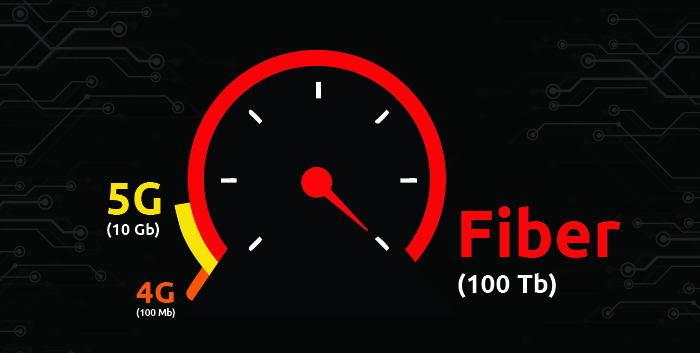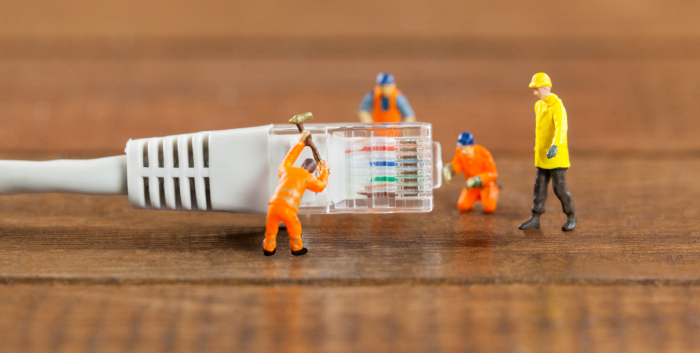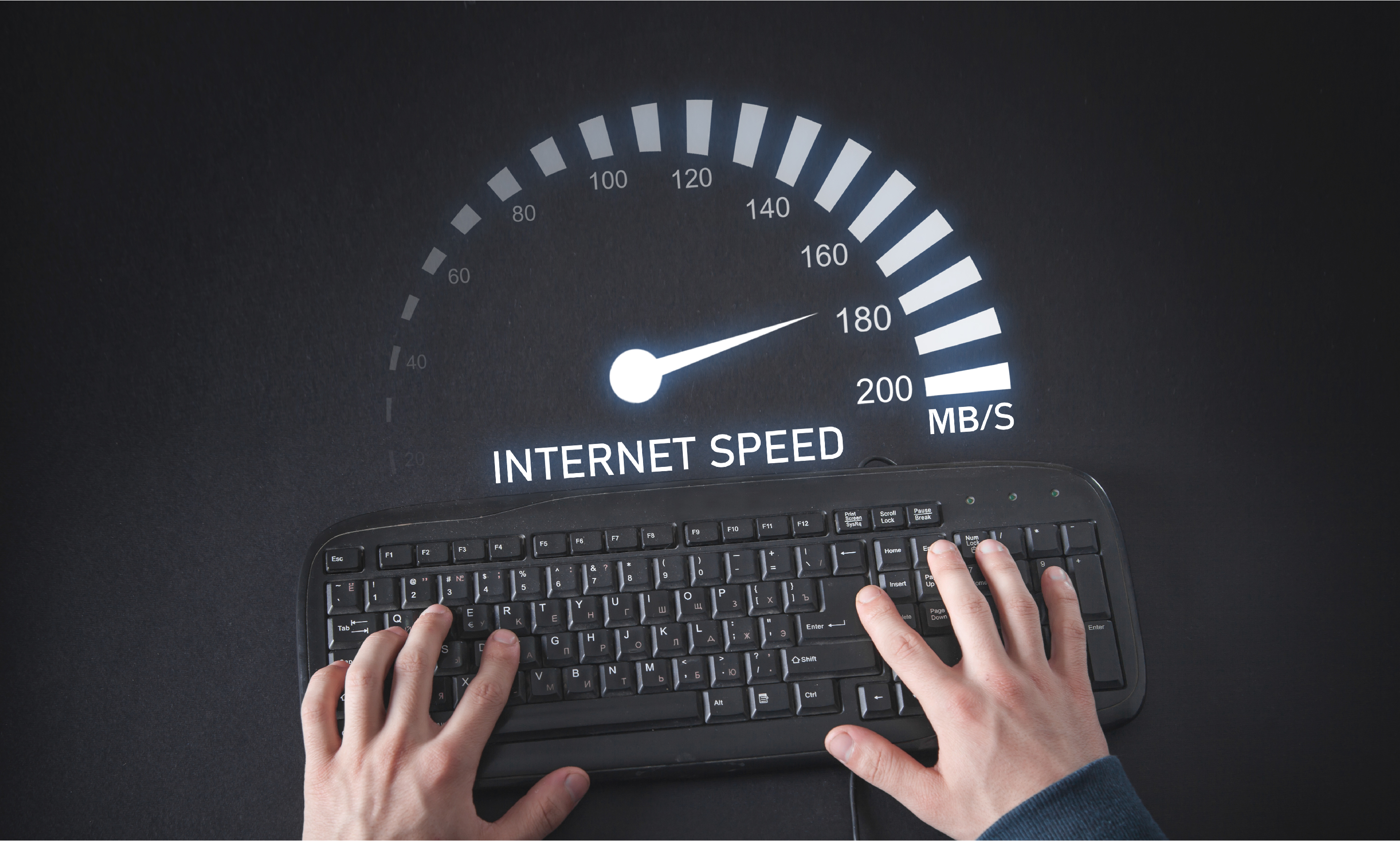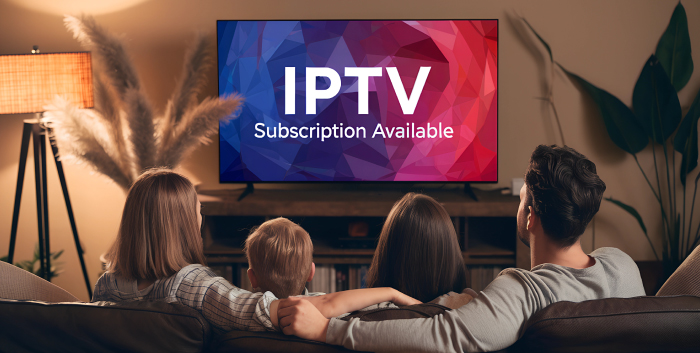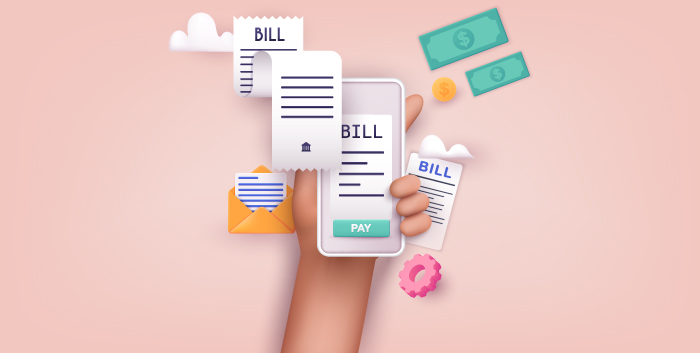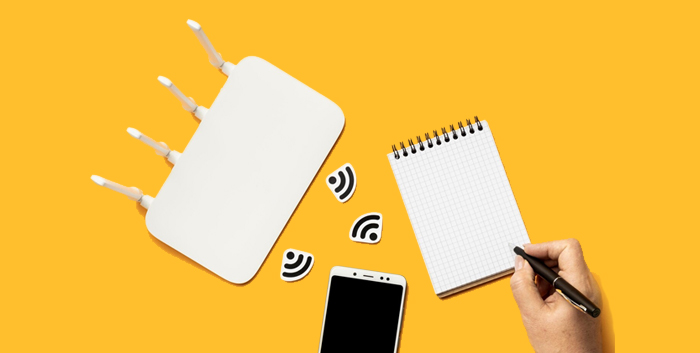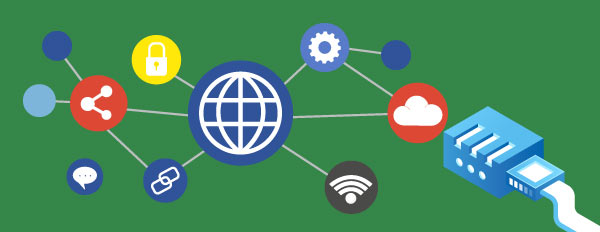In today's digital age, having the right internet speed is crucial for a seamless online experience. Whether you're streaming your favorite shows, attending virtual meetings, or gaming online, the speed of your internet connection can make or break your digital activities. But how do you determine the ideal speed for your household
Understanding Internet Speed: The Basics
Think of internet speed like a highway. The more lanes (bandwidth) you have, the more cars (data) can travel smoothly without causing traffic jams. Internet speed is measured in Megabits per second (Mbps), indicating how fast data is downloaded or uploaded. Higher Mbps means faster data transfer, leading to smoother online experiences.
Why Should You Care About Your Internet Speed?
Imagine settling down to watch a movie, and it keeps buffering, or being in the middle of an important video call, and the connection drops. Frustrating, right? Having the appropriate internet speed ensures that your online activities run smoothly without interruptions.
Common Online Activities and Their Speed Requirements
Different online activities require varying amounts of bandwidth. Here's a breakdown:
-
General Browsing and Email: Basic tasks like checking emails or browsing websites typically require minimal bandwidth.
-
Social Media: Scrolling through social media feeds, uploading photos, or watching short videos demands slightly more speed.
-
Streaming Videos:
-
Standard Definition (SD): Watching videos in SD doesn't require much speed.
-
High Definition (HD): HD videos are clearer and need more bandwidth.
-
4K Ultra HD: For the best video quality, 4K streaming demands significant speed.
-
-
Online Gaming: Gamers need consistent speeds to avoid lag, especially in multiplayer settings.
-
Video Conferencing: Virtual meetings, especially in HD, require stable upload and download speeds.
-
Smart Home Devices: Devices like smart thermostats, cameras, and assistants continuously use bandwidth, though typically minimal.
Calculating Your Household's Bandwidth Needs
To determine the right speed for your home:
-
List All Devices: Count all internet-connected devices, including smartphones, tablets, computers, smart TVs, and smart home gadgets.
-
Identify Usage Patterns: Understand what each device is used for—streaming, gaming, browsing, etc.
-
Estimate Concurrent Usage: Determine how many devices are typically active simultaneously.
-
Add Up Bandwidth Requirements: Sum the Mbps needed for all concurrent activities to get a baseline speed requirement.
For example, if one person is streaming an HD movie (5 Mbps) while another is video conferencing (3 Mbps), and a third is online gaming (3 Mbps), you'd need at least 11 Mbps. However, it's wise to have a buffer to account for unexpected usage spikes.
The Impact of Multiple Users and Devices
In multi-person households, simultaneous online activities can strain your bandwidth. For instance, while one person streams a 4K movie, another might be on a video call, and someone else could be gaming online. Each activity adds to the total bandwidth requirement, emphasizing the need for a higher-speed plan.
Upload vs. Download Speeds: What's the Difference?
Most internet plans highlight download speeds, but upload speeds are equally important:
-
Download Speed: Determines how quickly you can receive data from the internet, affecting activities like streaming and browsing.
-
Upload Speed: Determines how fast you can send data to the internet, impacting video calls, uploading files, and online gaming.
For activities like video conferencing or live streaming, higher upload speeds ensure clear, lag-free communication.
Signs You're Overpaying for Unnecessary Speed
Paying for more speed than you use is like buying a sports car but only driving in the city. If you notice consistent low usage, frequent speed tests showing unused bandwidth, or you're on a high-tier plan without demanding activities, you might be overpaying.
Tips to Optimize Your Internet Connection
-
Regular Speed Tests: Use tools like Speedtest.net to monitor your actual speeds.
-
Upgrade Equipment: Ensure your router and modem are up-to-date to handle your plan's speeds.
-
Secure Your Network: Protect your Wi-Fi with strong passwords to prevent unauthorized usage.
-
Limit Background Applications: Close unnecessary apps that might be consuming bandwidth.
-
Position Your Router Strategically: Place it centrally to ensure even coverage throughout your home.
When to Consider Upgrading Your Internet Plan
If you frequently experience buffering during streaming, lag in online games, or dropped video calls, it might be time to upgrade. Also, adding more smart devices or users to your household can increase bandwidth demands.
Conclusion
Choosing the right internet speed is essential for a smooth online experience. By understanding your household's needs and monitoring your usage, you can select a plan that offers both performance and value.
Evaluate your current internet usage and compare it with your plan. Consider consulting with your Internet Service Provider to adjust your plan for optimal performance and cost-effectiveness.











